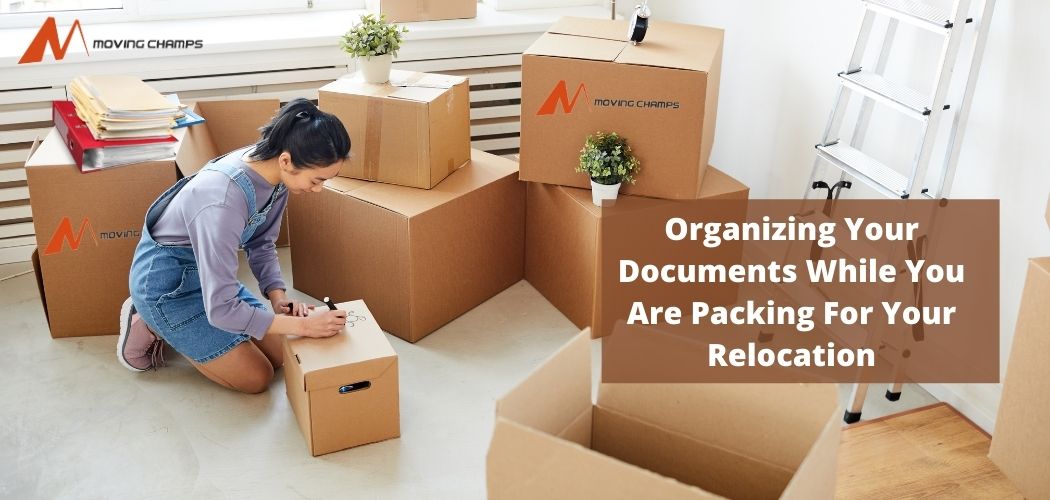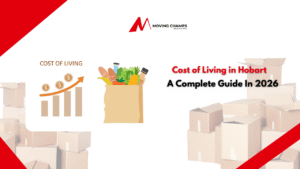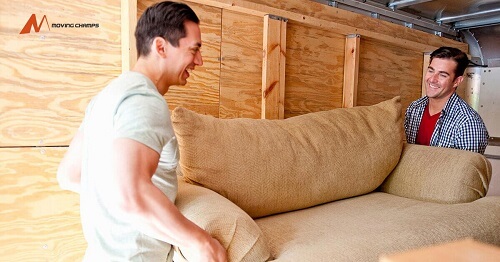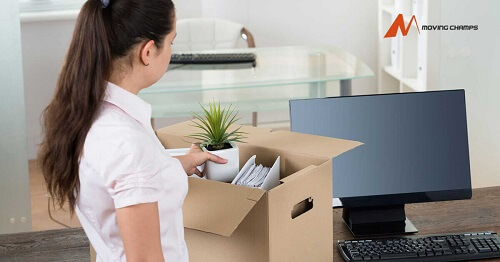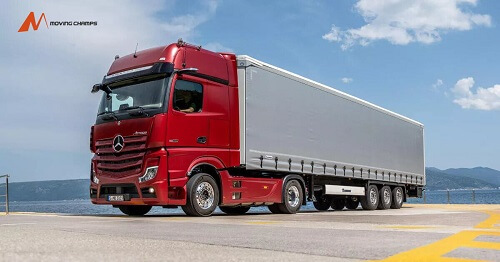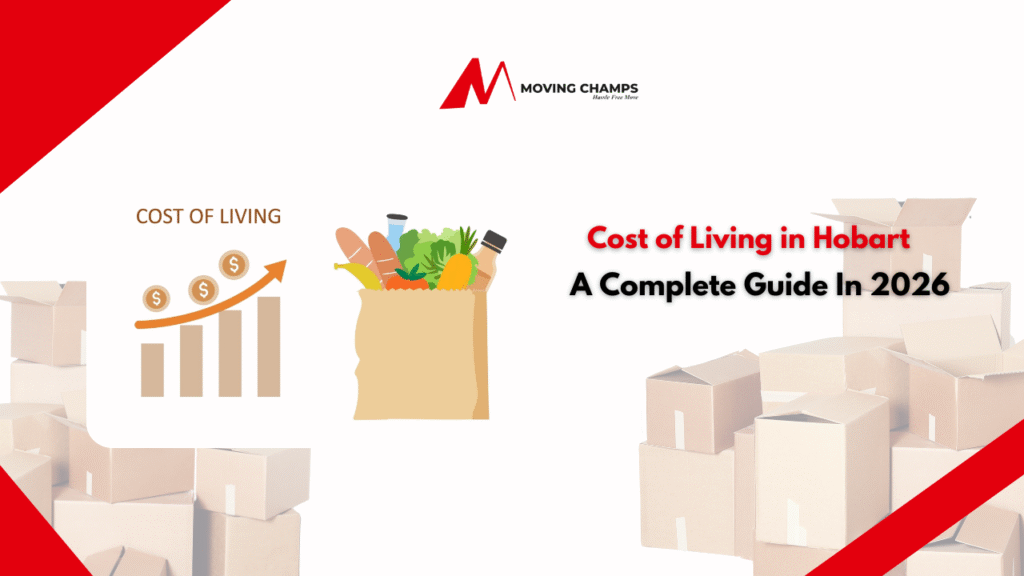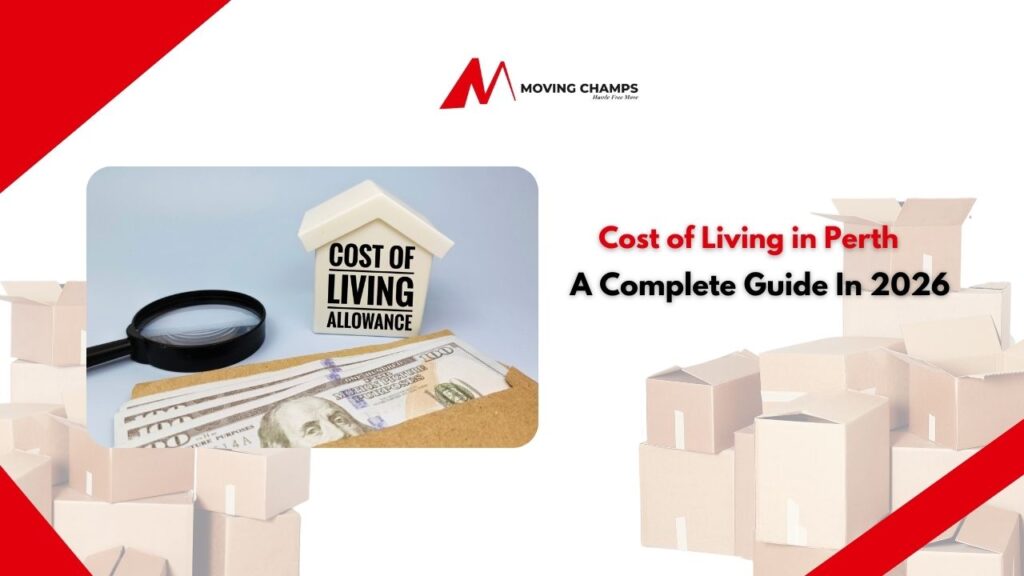Organizing Your Documents While You Are Packing For Your Relocation
Essential Steps for Organizing Your Documents Before a Long-Distance Move
When it comes to long-distance moving, a meticulous approach to learning to organize important documents at home is the only proven right.
Even though it might be dreadfully dull at times, the more careful you are while preparing, the fewer problems that cause panic and distress when you don’t want them.
The chances are slim that all of your paperwork is already in order, not to mention many magazines covered in dust and probably scattered everywhere.
Creating a filing system that can work for you will also help you handle the relocation process in a peaceful and timely manner. We rounded up some of the essential steps to have a smooth transition.
The Significance Of Document Organization
There are several reasons why you should sort out your papers before a big move.
This is why:
- You avoid losing them—Most homeowners toss their papers into a folder, place it on any moving box that fits, and call it a day. The issue is that these documents are prone to being misplaced. You’ll need to unpack each moving box before you can find your invoices and receipts. To avoid this, organise your documents and place them in a single moving box so you know where to look.
- It keeps the papers from getting damaged—During transit, documents can easily be torn, wrinkled, or damaged. You don’t want to risk tearing your real estate paperwork after unpacking or wrinkling it due to other items moving around. Keeping them in a folder and putting them in a separate moving box helps protect them from damage.
- You save time—moving is a stressful and time-consuming process. The less time you spend looking for essential documents, the more time you will have to prepare for the move.
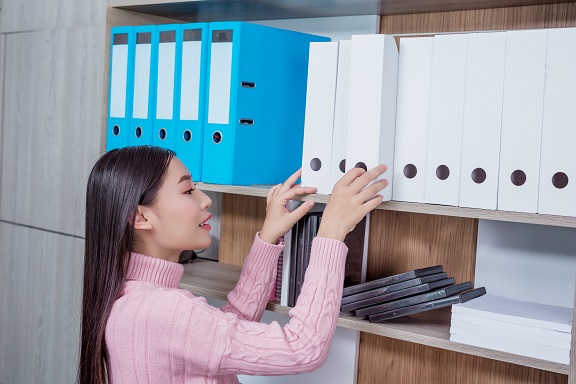
1. Gather All Of The Records In One Place
- A whole-house cleaning is an unavoidable step on your to-do list for a successful move. You can use many moving hacks if you’re wondering how to plan your move without drowning in paperwork or losing important files.
- Begin by locating and gathering them in one location so that you can sort the pile more effectively and efficiently.
- Examine the house from top to bottom for any forgotten papers: desks, closets, every drawer, nightstands, kitchen counters, under the beds, and anywhere else that comes to mind.
- Sweep other common areas and your old purses and work bags. You never know what’s inside.
2. Determine The Best Organizational Strategy
- One of the top priorities when planning a move is how to keep important documents organised, which is why developing a new system should be one of the first things to tackle.
- Making a moving binder is one way to go about it. It will help you to have quick access to the necessary documentation and allow you to move more efficiently.
- Knowing how to keep your important papers safe and accessible is more than half the battle won. Even the tax season should be a piece of cake with cross-country moving tips like this.
Organize Your Documents
Consider these moving necessities, whether you’re moving to another state alone or with your family. Bring one of these for each family member if you’re going with a group.
Remember that personal records are the only ones that should be kept in perpetuity:
- Passport,
- Certificates of birth and marriage,
- Cards for Social Security,
- Divorce paperwork,
- Documentation of paternity,
- Records of military service,
- Wills and durable powers of attorney,
- Information on the burial site.
If you’re moving with pets, ensure you have all their essential documents, such as veterinary and vaccine records. Don’t forget to include it in this category as well.
Medical Records
Moving across the country necessitates the transport of your prescriptions and medications to a new state. This isn’t as simple as finding the nearest pharmacy, so make sure you have all of the necessary paperwork with you:
- Prescriptions, prescriptions, prescriptions, prescriptions, prescriptions, prescriptions,
- Receipts and bills for medical services
- Health-care directives
- Benefits plan for health insurance
- Arrangements for flexible spending
- Policies for life insurance
Keep your paid and undisputed bills for a year if you’re asked for proof that you paid for the medical services.

Property Documentation
Putting your property records in order should be on your new apartment or home checklist if you have a small apartment idea. These are some examples:
- Documentation for mortgages and property deeds
- Receipts for home improvement projects
- Information on tax payments
- Policies of insurance
It won’t hurt to keep these with you for the duration of your property, plus another ten years.
Bank Statements And Tax Returns
This category should contain all of your relevant financial activities and information:
- Bank statements, etc.
- Returns on investment,
- Records of tax deductions,
- Investment documents,
- Loan documentation,
- Statements from credit cards.
Handle your financial documents with caution. They are one of the foundations of every household, so they must be kept safe for many years. Bank statements are essential for at least one, and you never know when you’ll need your tax records. That is why you should keep them neat for at least seven years. It’s better to be safe than sorry.
Vehicle History
Your car history includes a variety of items, and it’s critical to keep them for at least a year:
- Payment receipts,
- Information on loans,
- Records of maintenance.
Pay close attention to these if you’re considering transporting your car and looking for reputable car shipping services. The required long-distance moving services primarily determine the cost of movers.
Paperwork For Children
- Knowing how to plan a stress-free move to another city with kids entails a lot of nitty-gritty, well-timed details and packing tips. It is an essential first step to organise their school records—diplomas, school report cards, awards, and some of their essays.
- Remember that only transcripts provided in a sealed envelope will be accepted as a permanent record. Also, please make sure that they have all of the necessary medical documentation. Whatever your reasons for moving, keep these in mind when making a cross-country move.
3. Make Room For Storage
- Once you’ve finished sorting, you can begin packing documentation for the move and determining where to keep important documents. You can now be as creative as you want, using color-coded binders, label markers, various types of file cabinets and boxes, and whatever else you want.
- Renting a safe deposit box or purchasing a fireproof file holder will assist you in avoiding any unnecessary stressful situations. Whether you have finally dared to relocate for love or have meticulously planned your office move, having access to your storage space will provide you with peace of mind.

4. Choose A Good Location In Your Home For Incoming Mail
- If you’re wondering how to store important documents at home, having a place for incoming mail will undoubtedly help your filing system.
- This pile is not your friend unless you set a few rules initially: designating slots large enough for each item—from bills to magazines—to help you file new papers into appropriate categories and keep a watchful eye on them before they get all jumbled up.
Conclusion
Taking the time to organize your documents will save you time, energy, and many headaches. While most of us go into a frenzy when moving, it’s critical that you first sort out your paperwork. You won’t have to deal with the hassle of damaged contracts, misplaced receipts, and difficult-to-find papers after you move into your new home. Moving Champs Australia are professional removalists who can help you with all aspects of your move, from paperwork to Furniture Removals.
Packing for your relocation requires careful organisation of your important documents to ensure a smooth transition. By sorting and securely storing these papers, you can easily access them during the move. Additionally, enlisting the help of interstate Removalists Australia can simplify the process, allowing you to focus on settling into your new home while ensuring your documents are safe and organised throughout the journey.
For more details and quick, free quotes, contact us today.
Phone: 1800 870 500
Email: info@movingchamps.com.au
Popular Posts
Popular Categories
Our Services
Request A Free Quote


